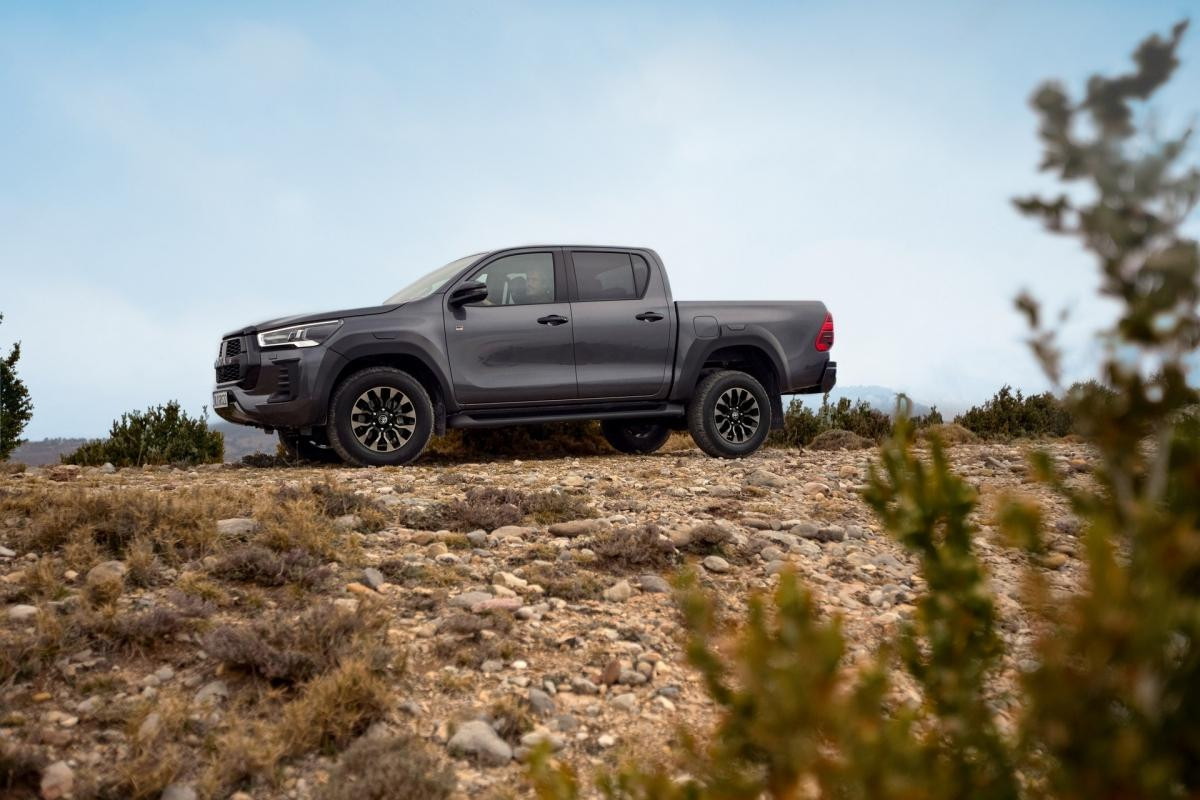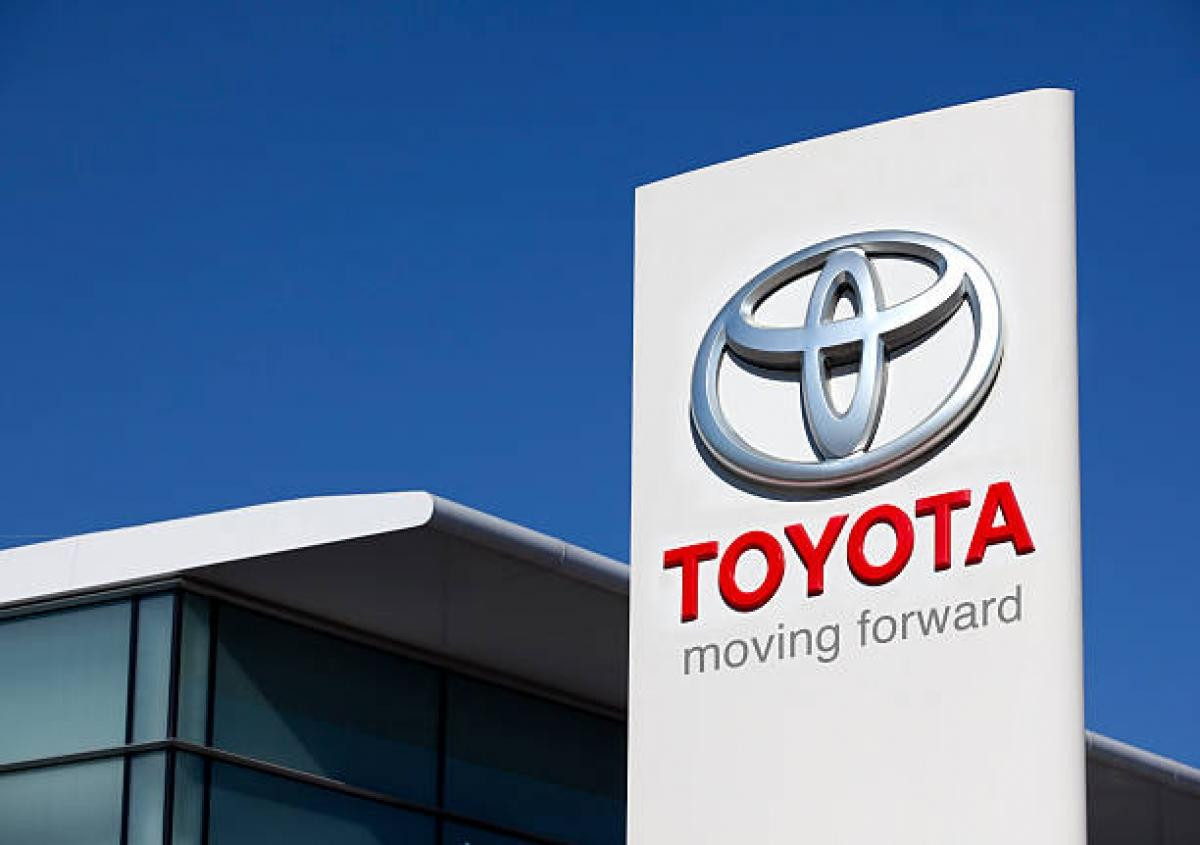Car models may run on vegetable oil
Toyota diesel models in Europe will be able to use the non-fossil fuel HVO100 from 2023.
Toyota has announced that, from the first quarter of 2023, diesel-powered Land Cruisers and Hiluxes in Western Europe will be produced to run on HVO100, a non-fossil fuel produced from 100% renewable sources.
The Land Cruiser 150 Series SUV and Hilux pickup - including the GR Sport variant - will join the Stellantis-based Proace LCV range which is already compatible with HVO100 fuel.
 |
| Toyota's GR Sport variant of the Hilux pickup. |
HVO100 stands for “hydrated vegetable oil” (ie “hydrogenated vegetable oil” or “recycled vegetable oil”), which can be produced from vegetable oil (palm, rapeseed) or used cooking oil. However, it still meets the European quality standard EN 15940 for paraffinic diesel engines, and has a higher cetane number and lower sulfur/aromatic content than conventional diesel engines.
To make the diesel engine compatible with HVO100, Toyota has adjusted the fuel injection system to increase fuel volume. According to the automaker, using HVO100 “does not require any special action from the customer” and “does not affect the vehicle’s ability to run on the standard diesel engine.” However, it does bring a small increase in maximum engine power, although Toyota did not specify the figure.
 |
| Japanese automakers are actively experimenting with alternative fuels. |
If you're wondering where you can find this fossil-free diesel fuel, Europe already has around 1,000 fuel pumps dispensing HVO100 at petrol stations across Belgium, Denmark, Finland, Estonia, Latvia, Lithuania, the Netherlands, Norway and Sweden.
However, Toyota believes that more vehicles will be compatible with HVO100, helping to increase production from 4 million tons at present to 15.5 million tons per year by 2030.
In addition to the electrification strategy, Toyota and other Japanese automakers are also quite active in testing alternative fuels to keep internal combustion engines running longer. Currently, Toyota is using experimental racing cars to test hydrogen engines and carbon-neutral fuels, which are likely to be used in future production vehicles./.
